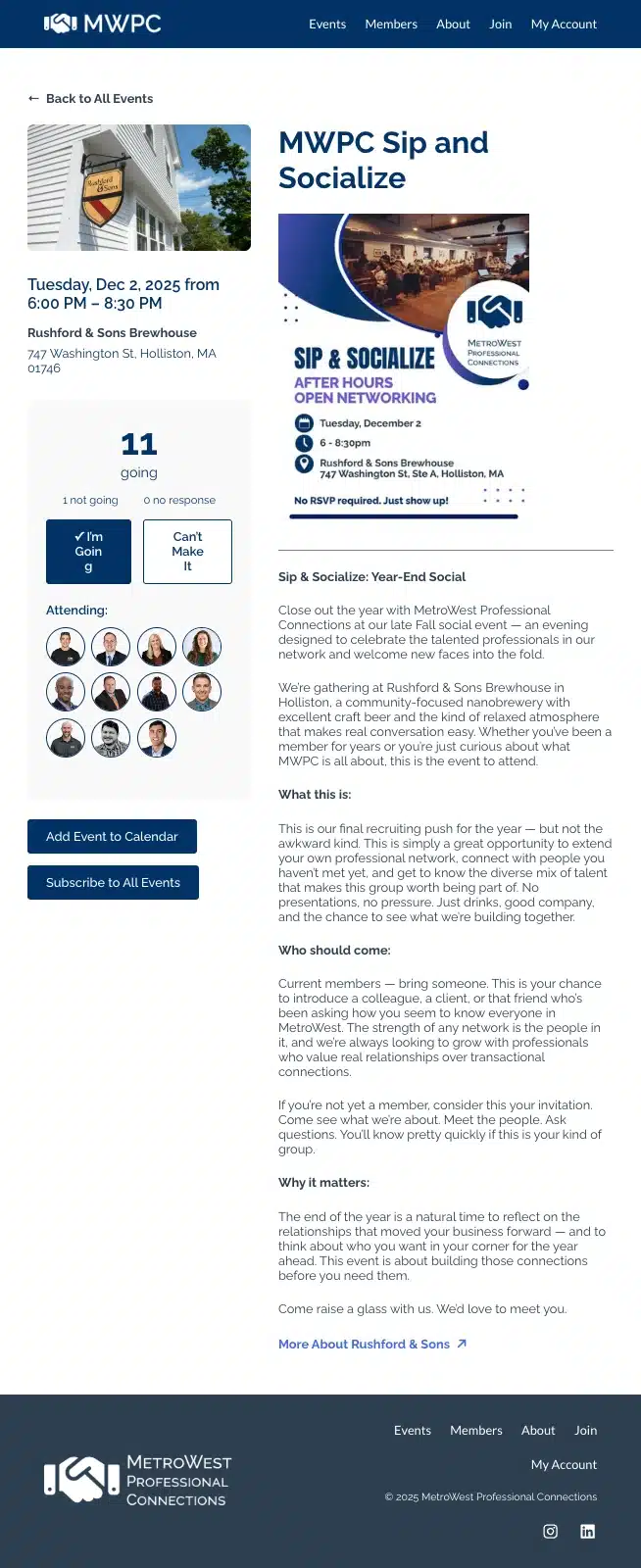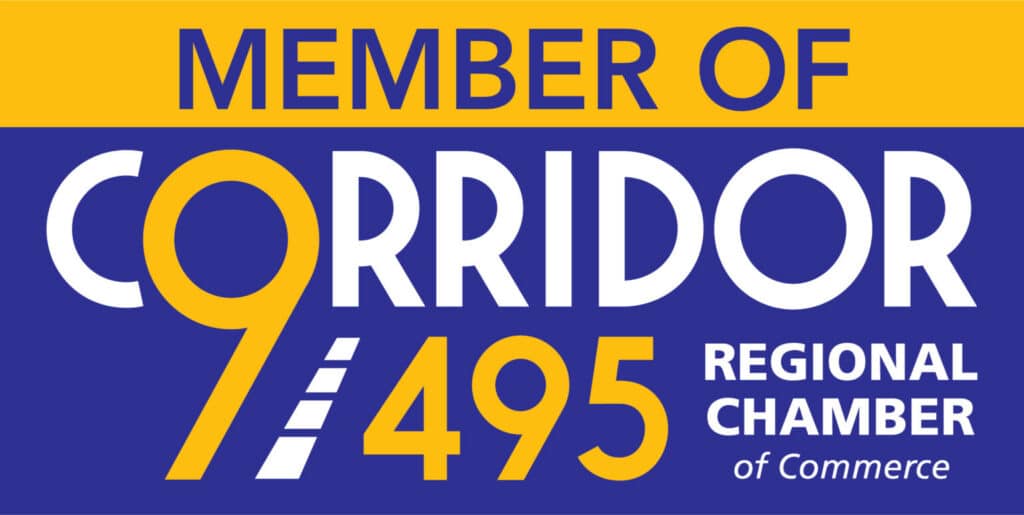Custom WordPress Systems Built for Complexity
We build solutions when off-the-shelf won’t cut it—member portals, multi-layered data platforms, and custom systems that handle the messy reality of how your organization actually operates.
Our Specialties
Custom WordPress solutions for advanced organizational needs.
Complex WordPress Systems
Member portals, sports league platforms, and custom functionality that manage your data instead of just displaying it—built for organizations that have outgrown basic websites.
Full Website Builds
Strategy through launch for content-heavy or data-driven organizations. Custom architecture that scales with hundreds of posts, multiple post types, and the complexity of how you actually operate.
WP Engine Managed Hosting
Seamless deployment to enterprise-grade hosting so your team can confidently maintain and grow your site without constantly calling for help.
Ongoing Support & Enhancements
Maintenance, updates, and improvements for sites I’ve built—because complex systems need someone who knows how they’re wired.
Featured Case Studies
See how we’ve helped solve complex problems.
What our clients are saying.
Meet Rob Petrin
I build complex WordPress systems for organizations.

I’m Rob Petrin, and with two decades in web development and over a decade in web marketing, I’ve seen firsthand what it takes to make a digital presence truly stand out. That’s why I launched Petrin Development Services in 2023 — to deliver exceptional, results-driven solutions for my clients.
Our team is a handpicked group of industry experts — designers, photographers, videographers, drone operators, and social media strategists — all dedicated to turning your vision into reality.
With our extensive network of partners, we provide tailored, end-to-end solutions that guarantee seamless execution and outstanding results. When you work with us, you’re not just hiring a service — you’re investing in success.




